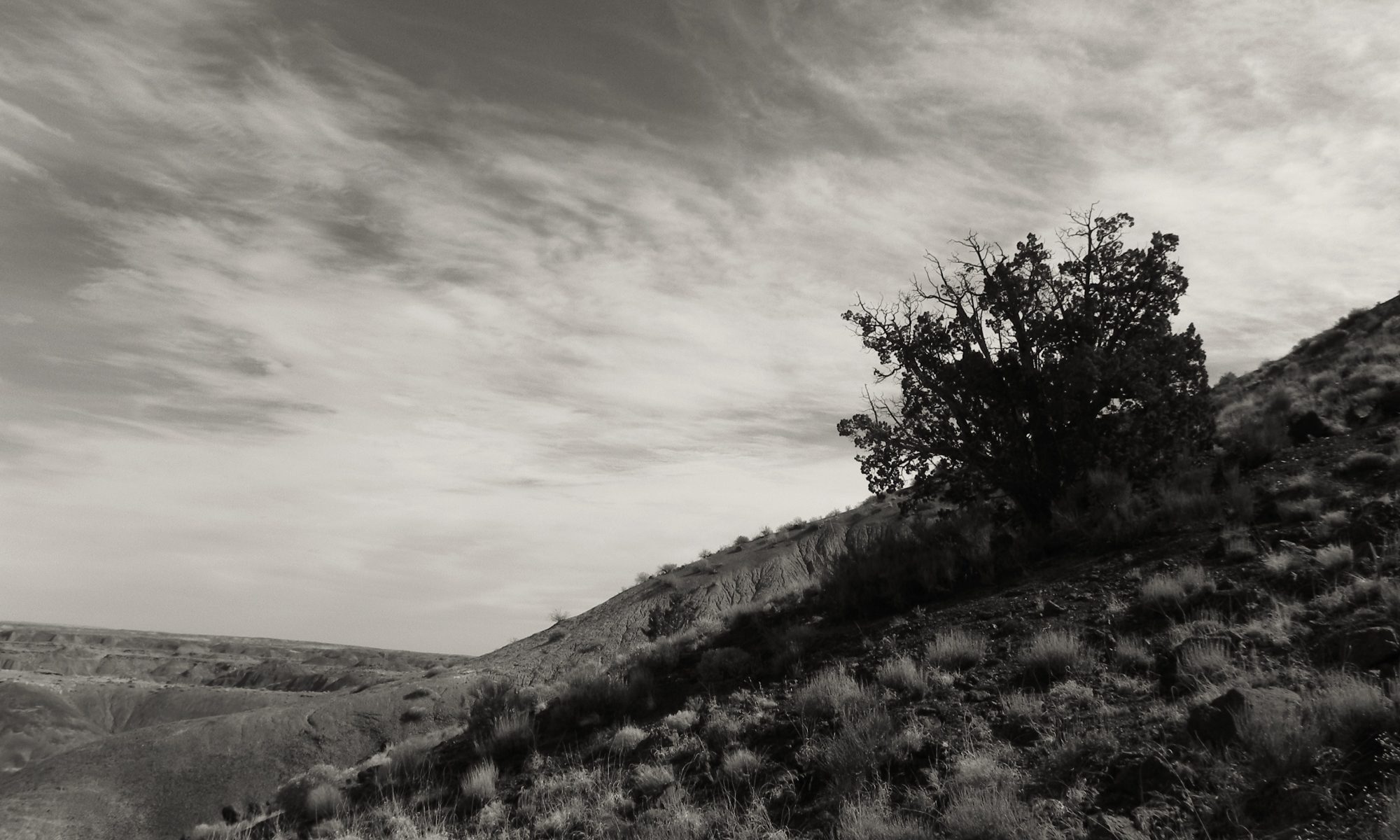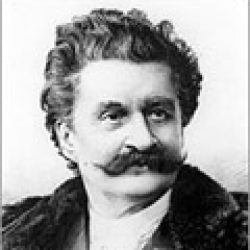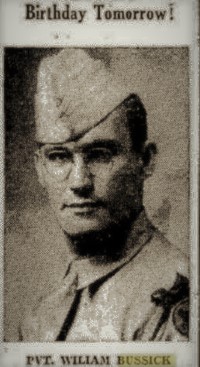I know two things about Lake Havasu City: the London Bridge is there, and its namesake body of water (a reservoir that’s built up behind Parker Dam) is popular with spring-breakers. In my head it’s grouped with about a dozen other rest stop towns and cities sprinkled around Arizona – convenient places to stop for food or gas on a roadtrip, but offering no reason to venture off the main drag. It’s not that the traveler forgets that people live, work, go to school, and have families in places like this- do the usual things that everyone does- it’s that there’s no reason to think of it in the first place. You pick the cheapest gas station, find the least offensive fast food joint and continue on your way. It’s jarring when the routine is broken.
Route 95 was closed that night when I passed through. I suppose I could have tried to navigate through some side streets to find a way to bypass the car accident but it would have been complete guesswork, driving in the dark on unfamiliar roads. I took the lead of most of the other drivers in front of me and turned off into a park to wait while the road was cleared. In an instant the scene changed from one of chaos to one of unexpected sentimentality. In one moment I was caught up in sirens, flashing lights and pissed off drivers, in the next, a little league baseball game. Like I said, jarring. Lord knows what the players and spectators were thinking as a parade of headlights entered a parking lot just beyond the outfield fence. I do remember what I was thinking about: my Pap, and a little league game of my own.
It was a game I’m not sure I had ever thought about since the day it happened. It was a memory just out of reach, lying there waiting for something to trigger it. Pap almost never came to my games. Sure, he was interested; when we visited him he would always ask my brothers and me how we did, offering congratulations on a job well done or encouragement for next time. He just wouldn’t actually go to the games. But this one particular game – a regular season game in the early afternoon on a weekday – he did. I don’t remember why the game was happening at such an odd time- maybe it was a makeup game- but I do remember the crowd being much lighter than usual. Most parents were still at work. And I don’t know how much of the game Pap saw or when he arrived. What I do remember is being on deck during the last inning and casually glancing over my shoulder to see him standing behind the backstop.
I was so excited I started to shake but I tried to play it cool – don’t make eye contact, just practice your swings, watch the pitcher, try to get your timing down. Oh God, the pitcher! The pitcher was only a year older than me but he had hit the puberty lottery. I was still short and scrawny so to me he looked to be about 8 feet tall. He was one of those boys who has a full mustache by the time he turns 10. He was all arms and legs and his windup seemed to take forever – a whirling tornado gathering strength, disorienting, lulling you. Batting against him, you were so outmatched that you could do nothing but stand there and accept your fate. By the time you noticed the baseball it was already in the catcher’s mitt. There was nothing you could do but stick your bat out and pray.
These were the circumstances (if it were a movie you’d dismiss it as being too cliché): final inning, tie game, two outs, and the batter ahead of me was intentionally walked. That’s right, I had a chance to win the game all by myself. The opposing coach decided he would rather put one of my teammates on base rather than pitch to him, then take his chances with me. I mean, yeah, I was outmatched, but I wasn’t an easy out. I felt like a chump, but on the other hand I couldn’t believe my luck. This had to be destiny. In one moment I could get revenge on the other team, win the game, and do it in front of my Pap. I couldn’t believe it was happening.
I struck out.
I could have just stuck my bat out, said a little prayer, and hoped I made enough contact to sneak the ball past the infield. Instead, I swung as hard as I could, came out of my shoes on three straight pitches and missed on every one. I don’t remember much of what happened afterwards. The game went into extra innings but I don’t remember who ultimately won or what was said when it was over. That’s the funny thing about memory, it comes and goes, it’s incomplete, you can’t force it into being or bend it to your will. Moments come rushing back to you in unexpected clarity and there’s nothing you can do about it, no way to fight the guilt and regret. One moment you’re going about your day, the next you’re fighting back tears in a parking lot in Lake Havasu City. My Pap was in a hospital bed 2,000 miles away.
His name was William but no one called him that. I heard a few people call him Bill, which makes sense; most called him Pete, which doesn’t. Occasionally my grandmother Ruth would call him Charles, usually in mock exasperation when Pap was letting his mischievous side show. Why Pete? Why Charles? Nobody knew. I was never David; my brothers and I were called Dicky or Petey Dink. I spent a lot of time with my grandparents while growing up and it was a simple and happy experience. The only regular conflict occurred when my grandmother (without permission) would wash Pap’s coffee cup, a white plastic travel mug like you’d buy at a convenience store. Apparently the caked on layers of old coffee would impart a depth of flavor to Pap’s rotgut that his wife failed to appreciate, so out came the bleach.
Things are never that simple in grownup land, of course, but by and large more serious matters didn’t really trickle down to the grandkids. My childhood is made up of a thousand tiny memories of my grandparents. I remember the way the house smelled, the way the wood burning stove felt on the first cold mornings of fall. I remember Pap’s sweet tooth and how Grandma kept a not-so-secret stash of cookies and snack cakes in the drawer under the oven. I remember the way he ate his food, without concern if the grub on his plate should mix together in often unappetizing ways. Sweet, savory, dessert, it didn’t matter; “it all goes to the same place,” he’d say. There were fishing trips. I don’t remember if we ever caught anything but I do remember what we talked about. There was Pap’s endless tinkering on a house that he built but could never quite get around to finishing. There was his love of animals, maintaining fully stocked feeders for birds and squirrels, and there seemed to always be a cat or two on his lap or in his general vicinity. One of my favorite memories is watching Pap climb a ladder to do some roof repairs with a cat following right behind him. That cat sat on the roof beside him, watching him work.
And there was baseball. Occasionally when we played catch he would let me use the same glove he used when he was young. It was small, made for a lefty, and had no padding, but I didn’t care. It looked like the glove players were wearing in those old-timey baseball cards; it didn’t matter that each catch stung my hand and sent a wave of pain up through my arm, it was the connection that mattered. It was common to have a game going on tv. The Pirates were the closest major league team- and our favorite- but we also got Braves and Cubs games. So, as you can imagine, we sat (and complained) through many, many bad baseball games. By that point in his life Pap had transformed yelling at the tv into an art form. There were the usual targets: striking out, bunting, endless pop ups, general suckiness, but he was really passionate when calling out excessive spitting and (to put it politely) certain adjustments ball players make (“bag pullers”). He was great at swearing in general. What he lacked in quantity (he never dropped an f-bomb, for instance) he made up in quality, using a small set of words to convey a wide set of emotions. It was all about inflection, accents, and a little bit of drawl. His go-to curse was “shitfire,” a word I don’t think I’ve ever heard anyone else use. Depending on how it was said it could denote surprise (pleasant or not), disappointment, frustration, or a dozen other things.
Everyone got older. And when people get older they see each other less and less. In high school I got into music. Even though I performed a lot around town Pap never attended one of my concerts. Like the baseball games of my younger days I could tell he was interested, he just never came. One Sunday I decided to surprise my grandparents by playing at their church, a hymn in the middle of the service. After the song was over I sat back down in the pew, looked over at Pap and noticed the tears streaming down his face. In a moment things became clearer. There were reasons behind the perceived emotional distance. There were certain feelings Pap wanted to keep for himself, things he didn’t feel comfortable showing in public. Seeing a grandchild perform or compete was simply too much for him. I don’t think it was any kind of bullshit machismo on his part. More likely it was a small town thing: not wanting to cause a fuss or call undue attention to oneself. I countered with a small town thing of my own: when confronted with uncomfortable and unexpected emotions I turned my head and pretended not to notice. More regret.
Then came the “spells:” fainting, blackouts, chest pains. After each one there was an attempt at reassurance- ok, maybe this will be the last one, things will be fine from now on– but we all knew the truth. Then his memory started to go. Things are a blur until one dreary December day. Seeing him in a hospital bed, looking so small, motionless, like the bed was a living thing that had grown up around him, slowly consuming his frail body. Where was the vitality? The smile? The laughter? Where did the time go? I felt numb, sick, helpless. No matter what happened in the short term we all knew Pap would never go home again. For the next four years he fought: for his life, his memories, for consciousness, awareness. Some days were better than others. Some days he talked. Some days he remembered our names.
He served in the Army as a medic, enlisting in late 1942 and again in 1945. There are bits and pieces of his military record that surfaced over time in anecdotes or old newspaper articles: stationed in Alabama and Los Angeles, time in the Pacific, a stay at a base in Japan. Apart from a few humorous stories he never really seemed comfortable talking about his time in the military, offering only the vaguest of answers, and judging by some of the photos that were dug out after his death it’s not hard to see why. But again, is my memory playing tricks on me? Was he unwilling to talk about his time in the Army or did I just ask the wrong questions? Is it an attempt to assuage my guilt? Looking back on it now it seems almost ridiculous that I didn’t ask him more questions, didn’t try to find out more about those years of his life spent doing something that to me seems nearly unfathomable.
That’s the thing, did I ever ask the right questions? Ever say the right thing? It’s easy to ask now because the truth can never be known. Pap was always simply…there. Whenever I needed him for anything I knew where to find him and knew he would listen. But what about him? What did he ever get out of it? He was as complex a person as anybody else but he never let it show, never asked for anything. At least that’s the memory, that’s what I tell myself. Maybe he did show it but I never took the time to notice. Maybe he did ask but I didn’t understand the question. I think about him often. I think about what made him who he was: his humor, his values, his stubborn streak (which confounded me at times but makes more sense as I get older), and only wish I had spent more time getting to know him.
The last two times I saw him are vivid in my mind. In one, I caught him on a good day. Apart from the wheelchair he was his old self, laughing, cracking dirty jokes to and about his nurses and fellow residents. I’m not sure he knew who I was but it felt like we were two old pals shooting the shit. He was free, unencumbered, unopressed by time and memory, free to be himself, free from worldly and material concerns. In the last he was in bed, never stirring or even opening his eyes, a faint breath the only clue he was still with us. I couldn’t wake him up. I gave him a kiss on the forehead and told him I loved him, a level of affection I had never shown him prior to that day.
He passed on a Friday night. Towards the end there was family with him basically around the clock. A lady from hospice was around too, to offer support and relief. On that Friday night the family had gone for a bit, to take a well-deserved break or get some rest and that’s when Pap let go. I say “let go” because, knowing him, there’s no way it was an accident or bad timing. Even in death he didn’t want to feel like a burden, didn’t want to cause a fuss. Some part of him knew; he was aware enough to know he didn’t want his family to see him go.
Back when he was himself he told everyone that he didn’t want a funeral or viewing: If people can’t come see me when I’m alive they can’t come see me when I’m dead. Simple, plain-spoken words that, again, make more sense to me as I grow older. Funerals are for the living, not the dead. The same goes for long, rambling essays. A person’s life shouldn’t be reduced to an idea, a thing for someone else to hang their regret on and I hope I haven’t done that here. There was more to Pap than he let on, a depth of feeling and experience he rarely showed. There are things I could have learned from him and about him, and I guess that’s what I’m trying to do now, what I will continue to do. Shitfire, I really miss the guy.


